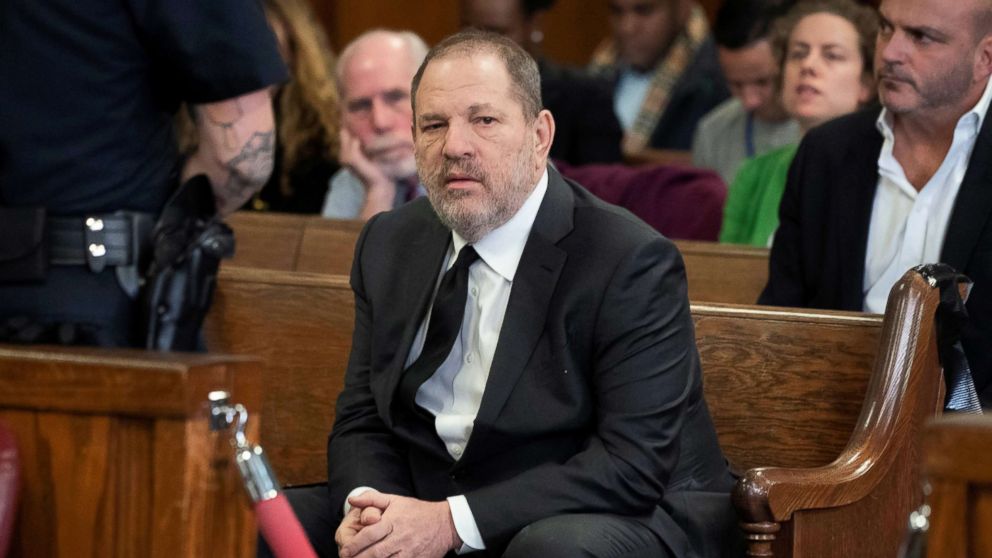Harvey Weinstein Loses Bid To Dismiss Sexual Assault Charges
Posted by Amarachi on Thu 28th Nov, 2019 - tori.ng
Harvey Weinstein
A New York judge has denied Harvey Weinstein’s request to dismiss two predatory sexual assault charges, ahead of the former Hollywood producer’s trial in January.
The decision released on Wednesday by Justice James Burke of the State Supreme Court in Manhattan is a victory for prosecutors who have charged Weinstein with five sex crimes, including rape.
Lawyers for Weinstein declined to comment in an email sent by their office. A spokesman for Manhattan District Attorney Cyrus Vance declined to comment.
Weinstein, 67, has pleaded not guilty to charges brought over allegations of sexual misconduct toward two female accusers in 2006 and 2013.
A trial is scheduled for Jan. 6, 2020. Weinstein could face a life sentence if convicted.
Weinstein has also denied allegations by roughly 70 women of sexual misconduct dating back decades, saying any contact was consensual.
In refusing to dismiss the predatory sexual assault charges, Burke rejected Weinstein’s claim that an alleged rape from the winter of 1993-94 occurred too long ago to serve as an “aggravating” and “underlying” crime, as required by state law.
The judge, in the decision dated Nov. 26, also rejected Weinstein’s claims that dismissal was required because he had not been given fair notice of the earlier alleged rape, and because the grand jury that indicted him had been improperly convened.
Prosecutors have said they intend to call the actress Annabella Sciorra, who has appeared in the TV series “The Sopranos” and movies such as “The Hand That Rocks the Cradle,” to testify that Weinstein raped her in 1993.
Weinstein cannot be criminally charged with raping Sciorra because the statute of limitations has run out.
Burke also ruled out expert defense testimony on several topics, such as the causes of “original misunderstandings of sexual intentions” and “the phenomenon of ‘voluntary unwanted sex.’”
He said Weinstein’s lawyers can introduce expert testimony on other topics including how memory works and can be distorted, and whether there is a link been people’s confidence in their memory and the accuracy of that memory.
Accusations against Weinstein helped spark the #MeToo movement in late 2017 – hundreds of women have accused powerful men in entertainment, business, media, politics and other fields of sexual misconduct.
Source: Reuters






















































